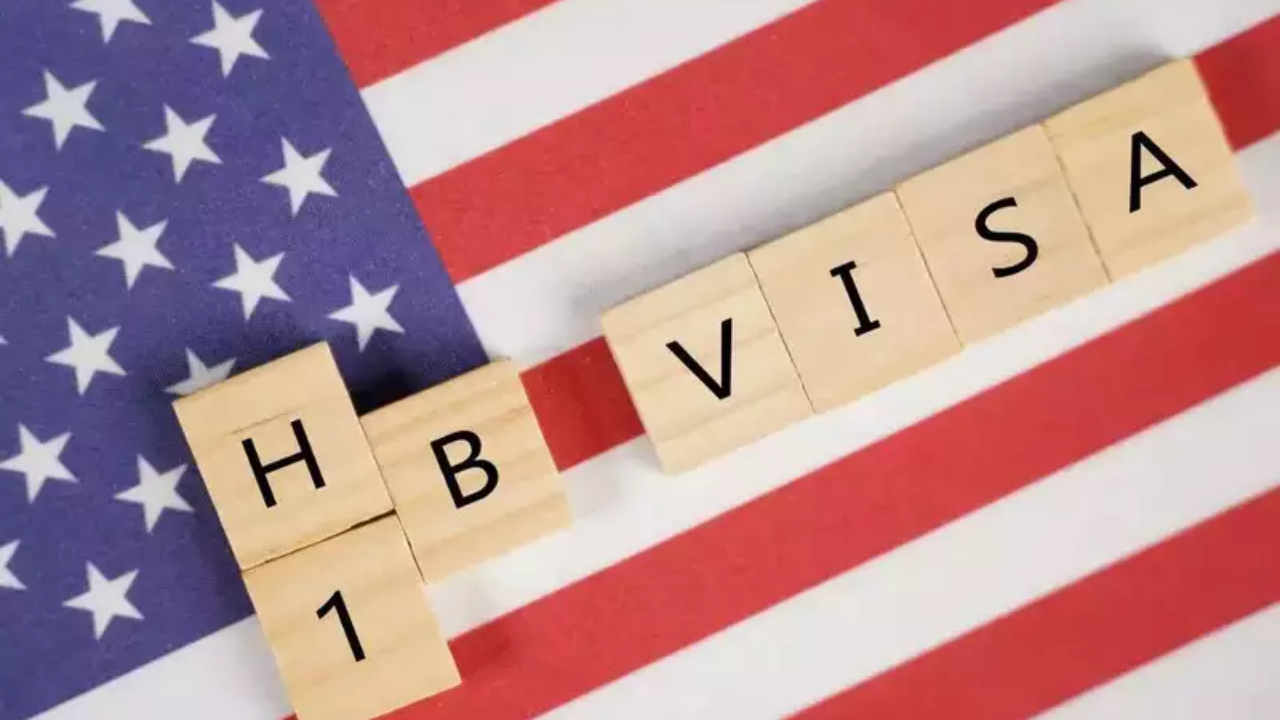Save Jobs USA, a group of tech workers, have been challenging the EAD policy for several years on the ground that the Department of Homeland Security (DHS) exceeded its authority under the Immigration and Nationality Act (INA) by permitting unrestricted employment for spouses on H-4 dependent visas.
In its order, Circuit judge Walker said, “This court has already interpreted the relevant provisions of the INA to answer a similar question in favor of DHS.” This case was that of the Washington Alliance of Technology Workers, which had challenged the Optional Practical Training (OPT) extension of two years for international students in the STEM (Science, Technology, Engineering and Mathematics) arena.
“
Because Save Jobs USA has not meaningfully distinguished this case from that binding precedent, we affirm the district court’s grant of summary judgment,” the judge added.
In this case of Save Jobs USA v/s DHS, the appellees were Immigration Voice, with American Immigration Council and American Immigration Lawyers Association joining in as amici curiae. Tech giants have supported this program as it helps to retain highly skilled and needed H-1B workers.
In a social media post, Aman Kapoor, co-founder and president of Immigration Voice has stated, “We are thrilled that the court agreed with our view that the law allows spouses of people here in the US suffering in decades-long green card backlogs caused by national origin based discrimination to at least have the right to work in the US while these wait in these discriminatory backlogs.”
Over 1.2 million (12.6 lakh) Indians, including their dependents, are waiting in the first, second and third employment-based green card categories, according to a National Foundation for American Policy (NFAP) analysis of data released by the US Citizenship and Immigration Services (USCIS). The data reflects approved I-140 immigrant petitions (which is the first step in the entire green card process) as of November 2, 2023. The think tank then calculated the dependents to arrive at an estimated backlog in the top three employment-based immigration categories.

